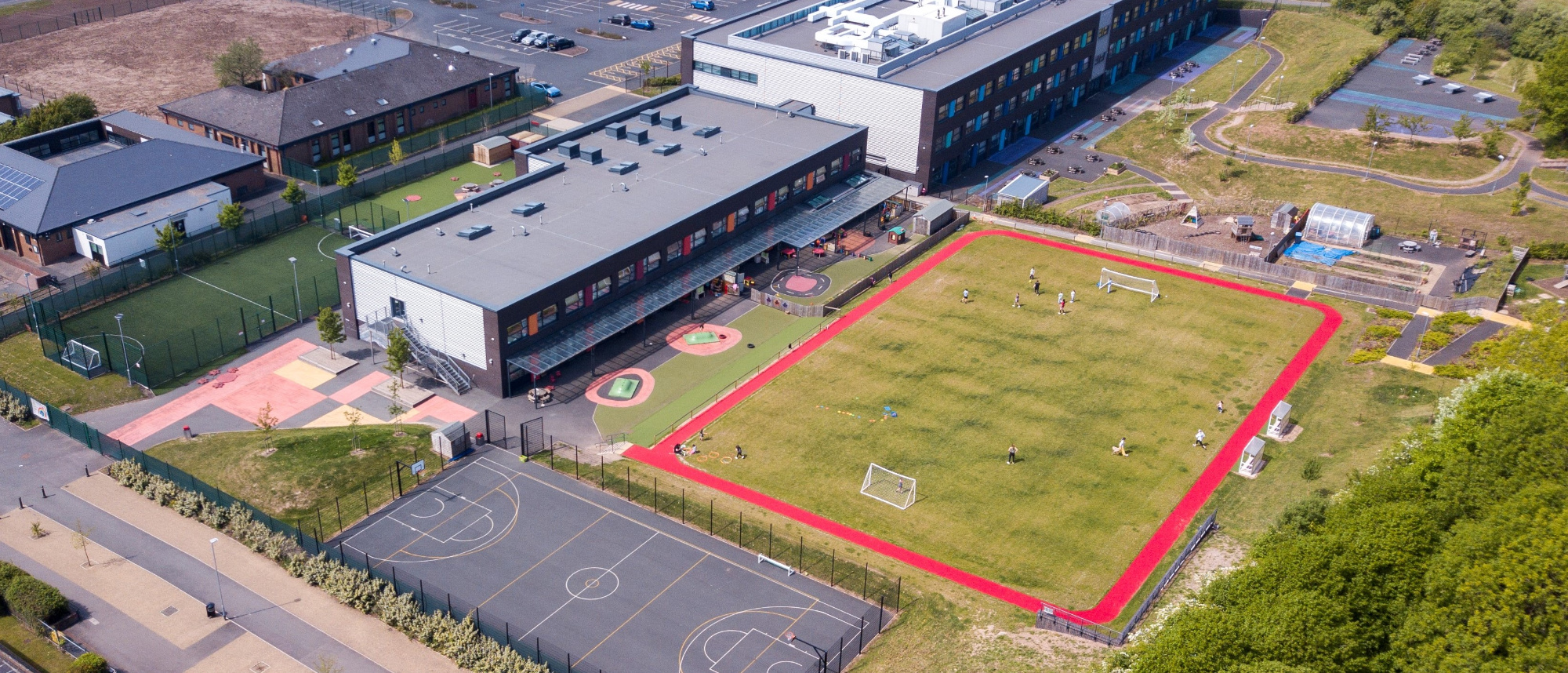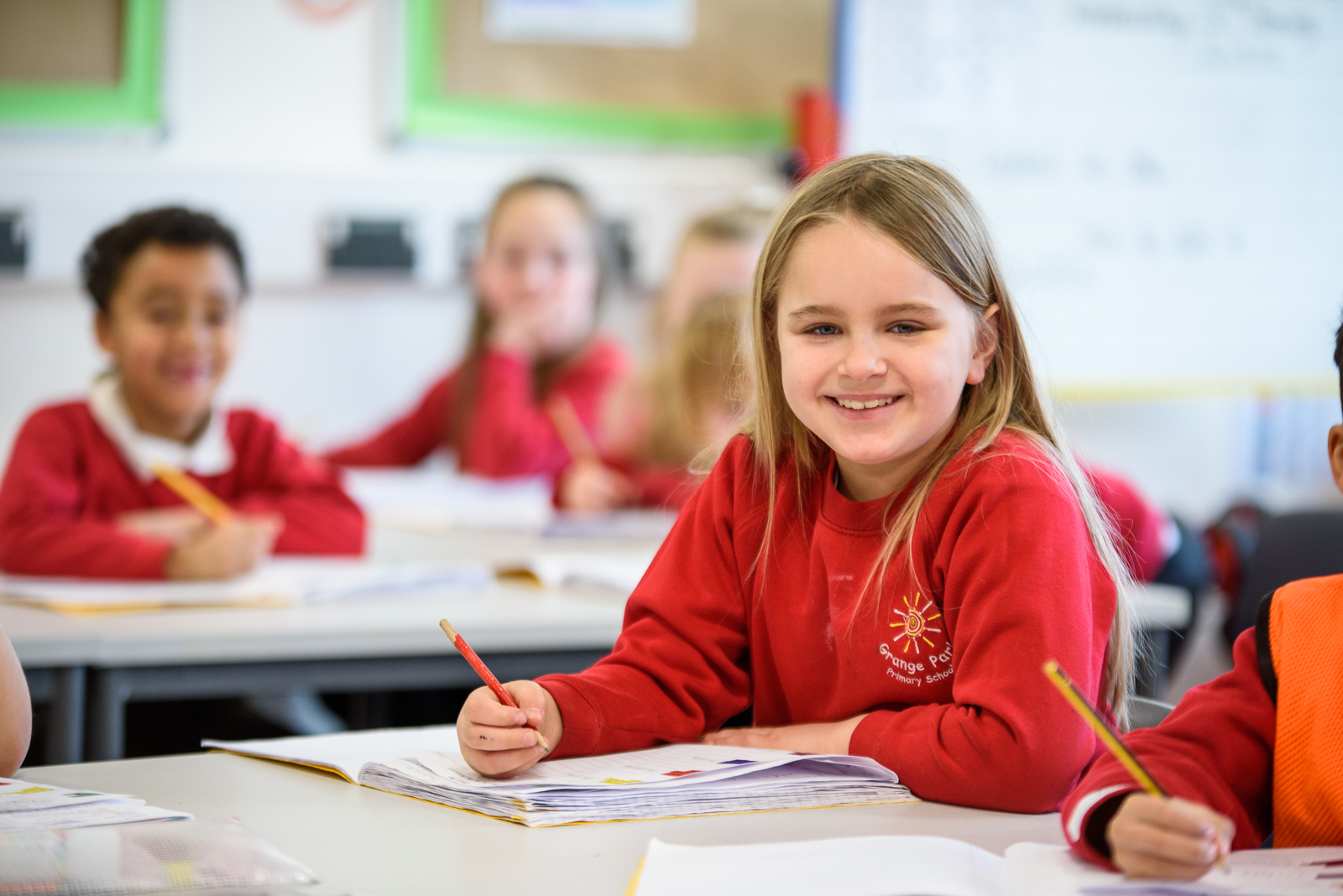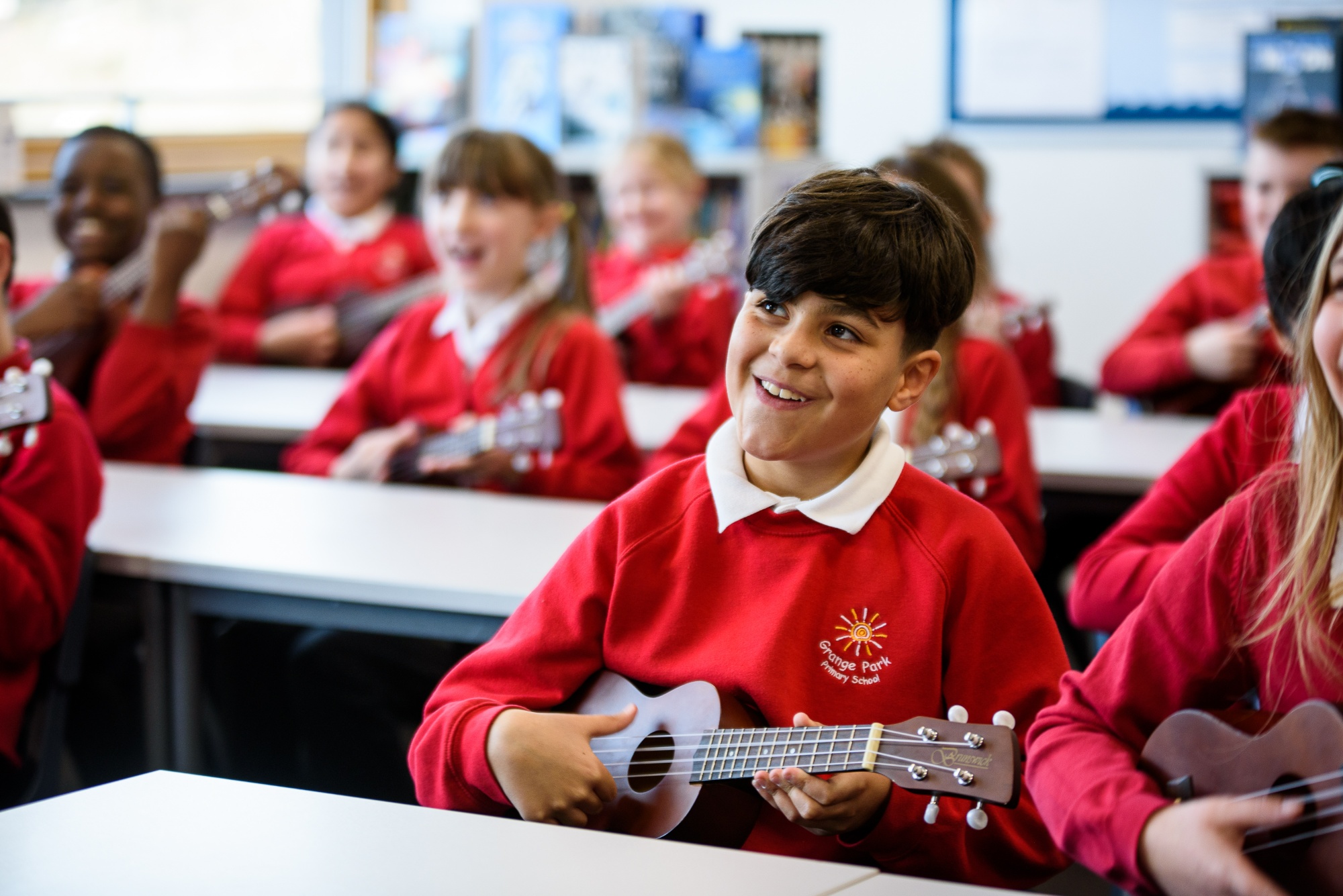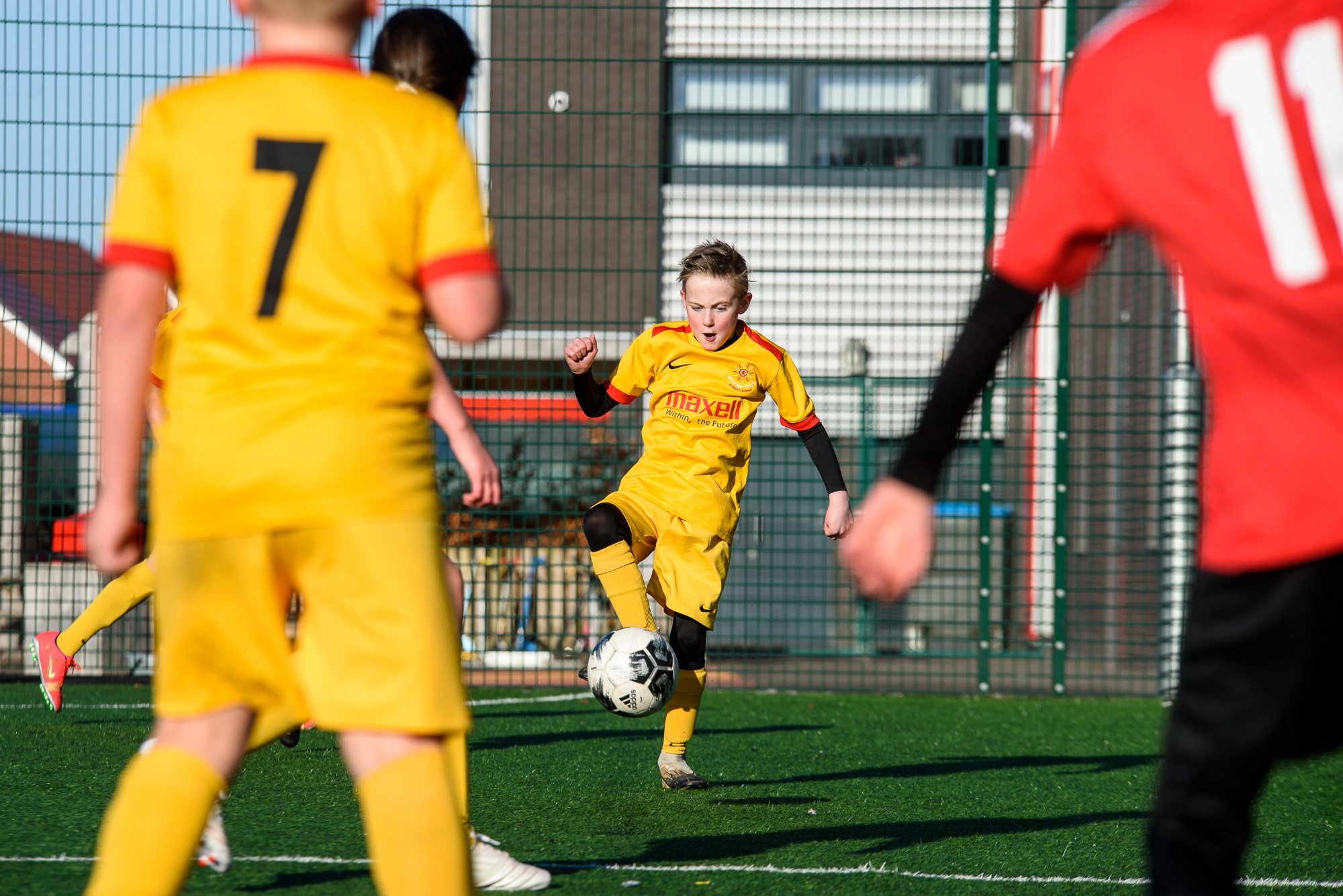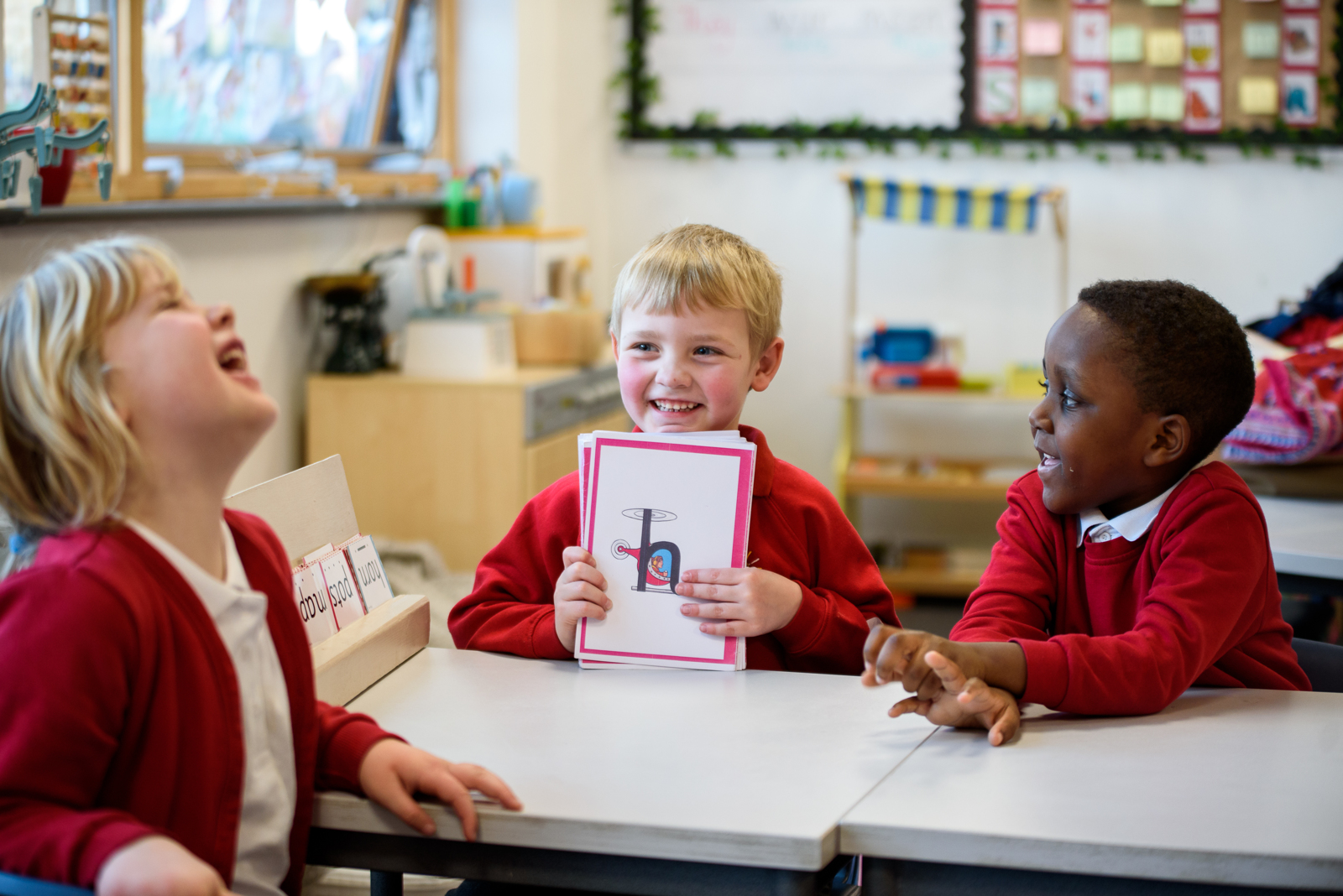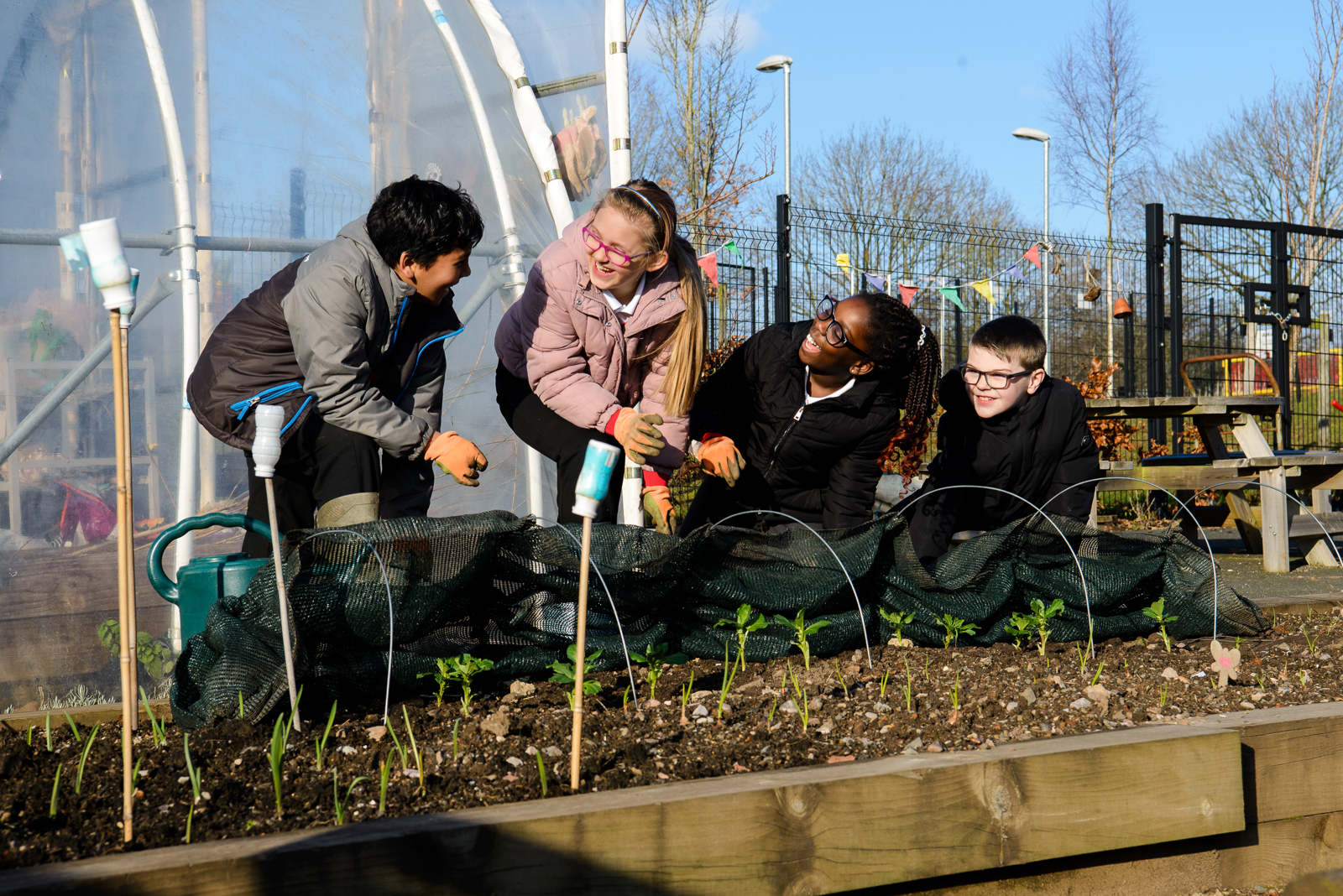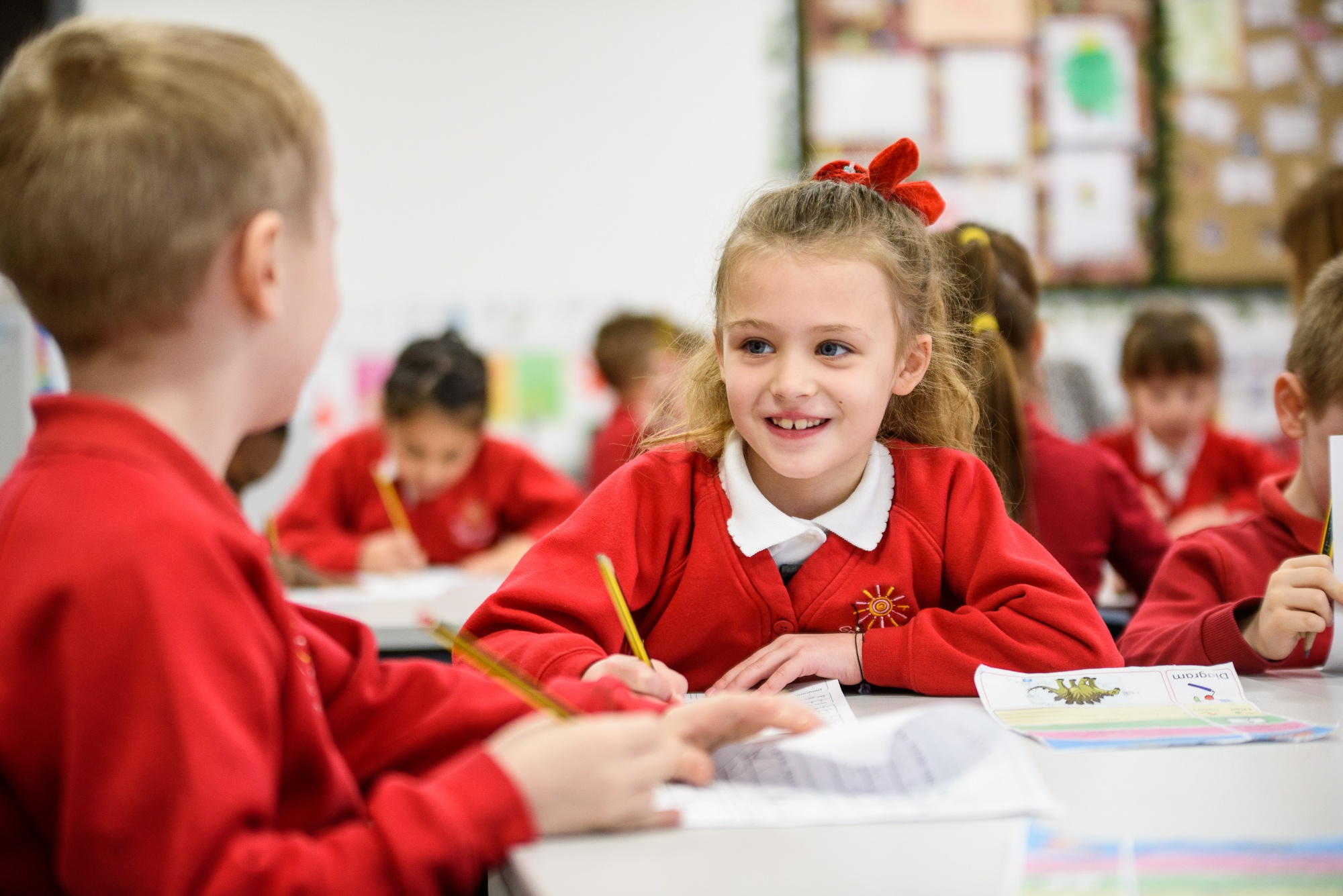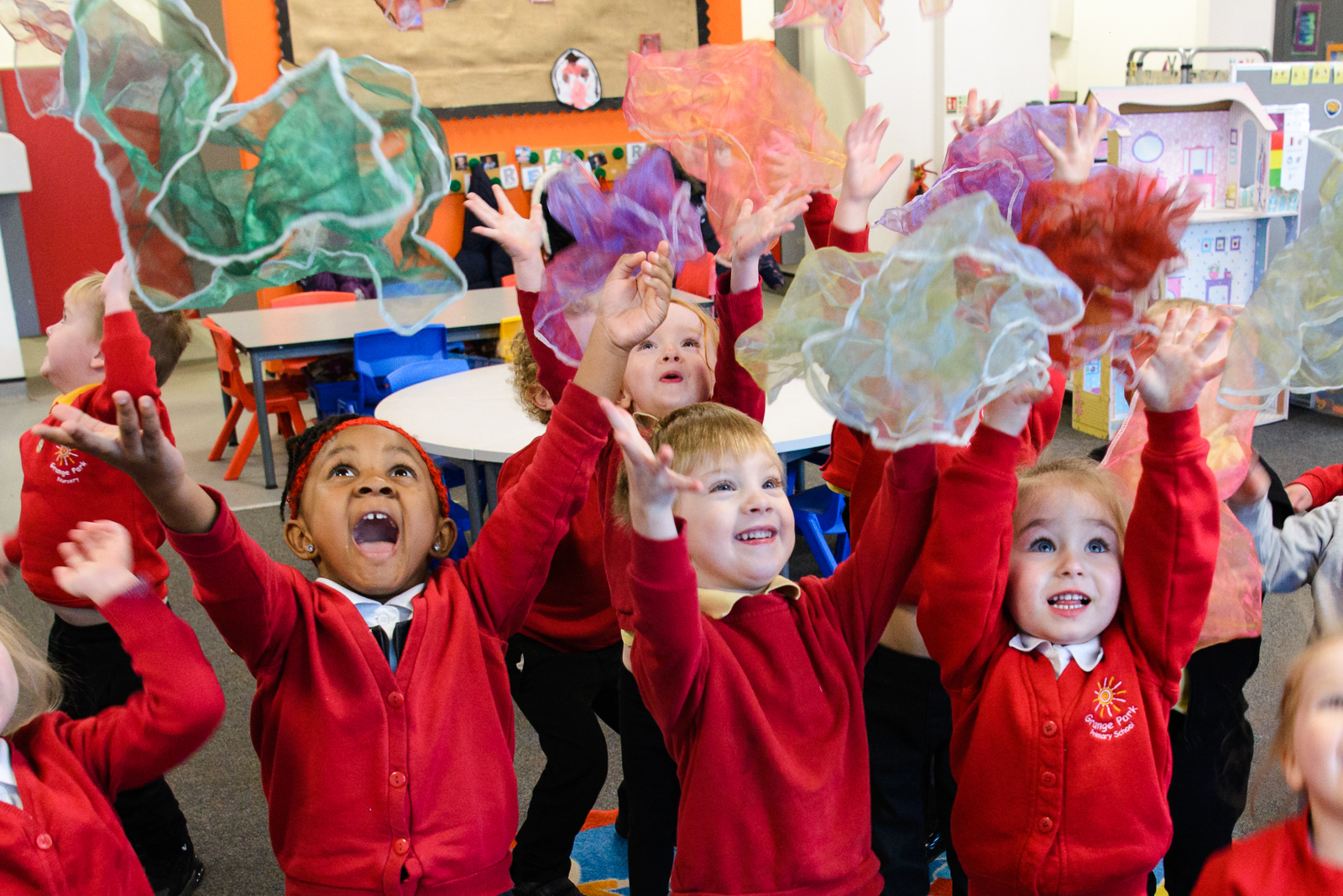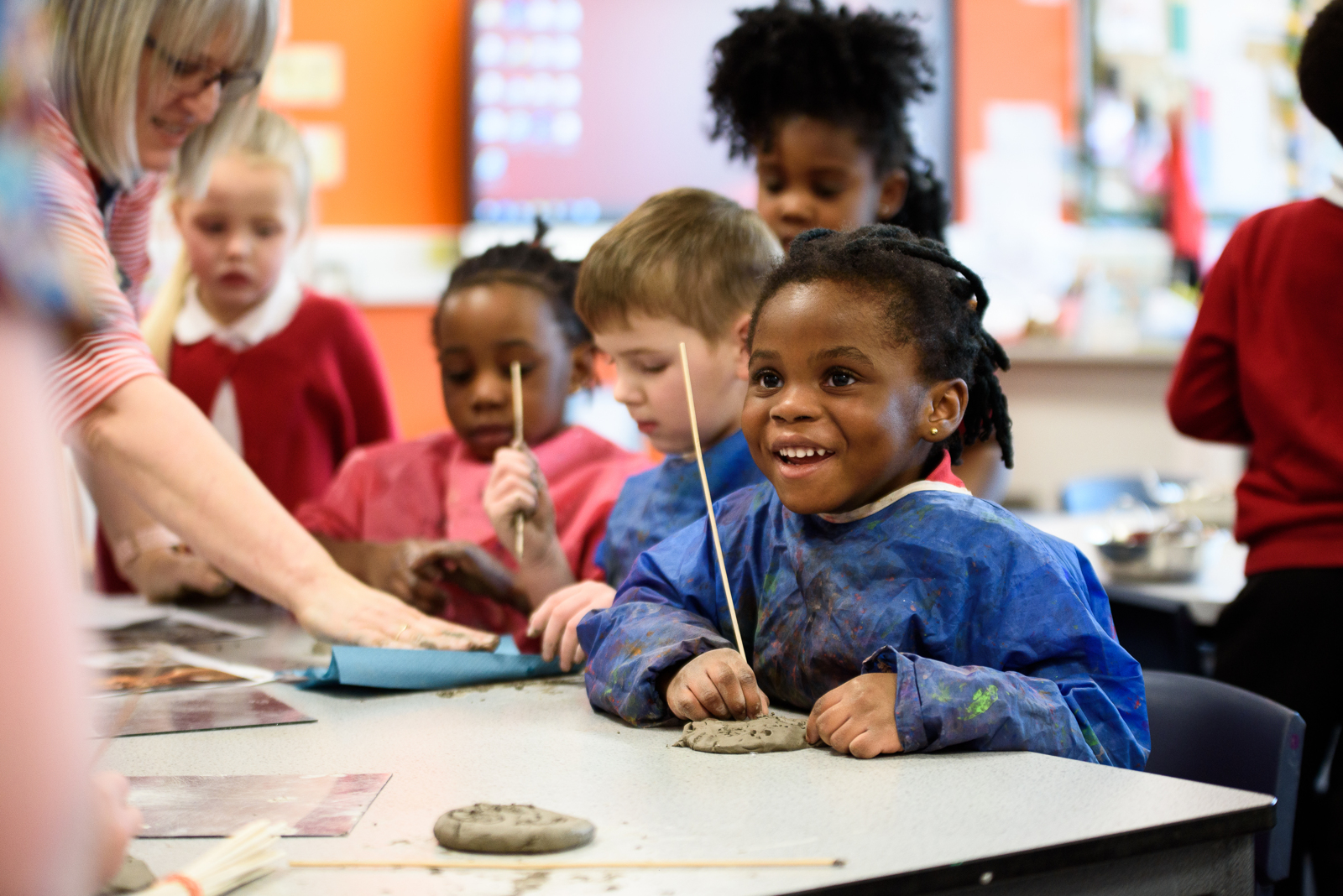Reading
‘Reading for pleasure is the single most important indicator of a child’s success.’ (OECD 2002)
‘The will influences the skill and vice versa.’ (OECD 2010)
We value reading for pleasure highly and work hard as a school to grow our Reading for Pleasure pedagogy.
We read to children every day. We choose these books carefully as we want children to experience a wide range of books, including books that reflect the children at Grange Park and our local community as well as books that open windows into other worlds and cultures.
In Nursery/Reception, children have access to the reading corner every day in their free flow time and the books are continually refreshed.
- Children from Nursery/Reception onwards have a home reading record. The parent/carer records comments to share with the adults in school and the adults will write in this on a regular basis to ensure communication between home and school.
- As the children progress through the school, they are encouraged to write their own comments and keep a list of the books/authors that they have read.
At Grange Park we believe that all our children can become fluent readers and writers. This is why we teach reading through Little Wandle Letters and Sounds Revised, which is a systematic and synthetic phonics programme. We start teaching phonics in Nursery/Reception and follow the Little Wandle Letters and Sounds, which ensures children build on their growing knowledge of the alphabetic code, mastering phonics to read and spell as they move through school.
As a result, all our children are able to tackle any unfamiliar words as they read. At Grange Park, we also model the application of the alphabetic code through phonics in shared reading and writing, both inside and outside of the phonics lesson and across the curriculum. We have a strong focus on language development for our children because we know that speaking and listening are crucial skills for reading and writing in all subjects.
Comprehension
We value reading as a crucial life skill. By the time children leave us, they read confidently for meaning and regularly enjoy reading for pleasure. Our readers are equipped with the tools to tackle unfamiliar vocabulary. We encourage our children to see themselves as readers for both pleasure and purpose.
Because we believe teaching every child to read is so important, we have a Reading Leader who drives the early reading programme in our school. This person is highly skilled at teaching phonics and reading, and they monitor and support our reading team, so everyone teaches with fidelity to the Little Wandle Letters and Sounds Revised programme.
Foundations for phonics in Nursery
- We provide a balance of child-led and adult-led experiences for all children that meet the curriculum expectations for ‘Communication and language’ and ‘Literacy’. These include:
- sharing high-quality stories and poems
- learning a range of nursery rhymes and action rhymes
- activities that develop focused listening and attention, including oral blending
- attention to high-quality language.
- We ensure Nursery children are well prepared to begin learning grapheme-phoneme correspondences (GPCs) and blending in Reception.
Daily phonics lessons in Reception and Year 1
- We teach phonics for 30 minutes a day. In Reception, we build from 10-minute lessons, with additional daily oral blending games, to the full-length lesson as quickly as possible. Each Friday, we review the week’s teaching to help children become fluent readers.
- Children make a strong start in Reception: teaching begins in Week 2 of the Autumn term.
- We follow the Little Wandle Letters and Sounds:
- Children in Reception are taught to read and spell words using Phase 2 and 3 GPCs, and words with adjacent consonants (Phase 4) with fluency and accuracy.
- Children in Year 1 review Phase 3 and 4 and are taught to read and spell words using Phase 5 GPCs with fluency and accuracy.
Daily Keep-up lessons ensure every child learns to read
- Any child who needs additional practice has daily Keep-up support, taught by a fully trained adult. Keep-up lessons match the structure of class teaching, and use the same procedures, resources and mantras, but in smaller steps with more repetition, so that every child secures their learning.
- We timetable daily phonics lessons for any child in Year 2 or 3 who is not fully fluent at reading or has not passed the Phonics Screening Check. These children urgently need to catch up, so the gap between themselves and their peers does not widen. We use the Little Wandle Letters and Sounds Revised assessments to identify the gaps in their phonic knowledge and teach to these using the Keep-up resources – at pace.
- If any child in Year 3 to 6 has gaps in their phonic knowledge when reading or writing, we plan phonics ‘catch-up’ lessons to address specific reading/writing gaps. These short, sharp lessons last 10 minutes and take place at least three times a week.
Reading in Key Stage Two
In key stage two, the children take part in daily, 30 minute ‘Love to Read’ sessions. These sessions provide the children with opportunities to:
- practice their reading fluency,
- listen to the teacher reading aloud and modelling intonation and expression,
- discuss characters and events,
- make predictions about what might happen next,
- analyse and evaluate characters and events,
- answer inferential questions independently or as part of a small group,
- plan for extended writing opportunities.
Many exciting and rewarding activities are arranged in school to promote the pleasure and knowledge that can be gained from books, e.g. ‘World Book Day’- where children are immersed in storytelling, author quizzes, book discussions and the opportunity to dress up as a book character and share their favourite books. Other opportunities include: Readathon and individual class reading challenges to promote the love of reading.
Each child has a book bag and a home school reading record that teachers and parents can use to share information about a child’s reading. Parents are encouraged to read with their child daily. Information is given on how to support their child in reading on the school website, curriculum letters, parent information evenings and parents’ evenings. As children progress through the school, they become more independent in recording what they have read in their reading records.
We recognise the value of adults (both in school and at home) reading aloud to children, in order to improve their grasp of story language, enthuse them with a love of books and inspire them as writers.
All children are regularly assessed to monitor progression. Assessment papers are given to the children every term (refer to Assessment Policy for further detail). Data is entered every term into our cornerstones assessment system and tracked by the English Coordinators and SLT.
Children highlighted through key stage ‘pupil outcome’ meetings and Progress Actions as not making expected progress receive targeted intervention.

